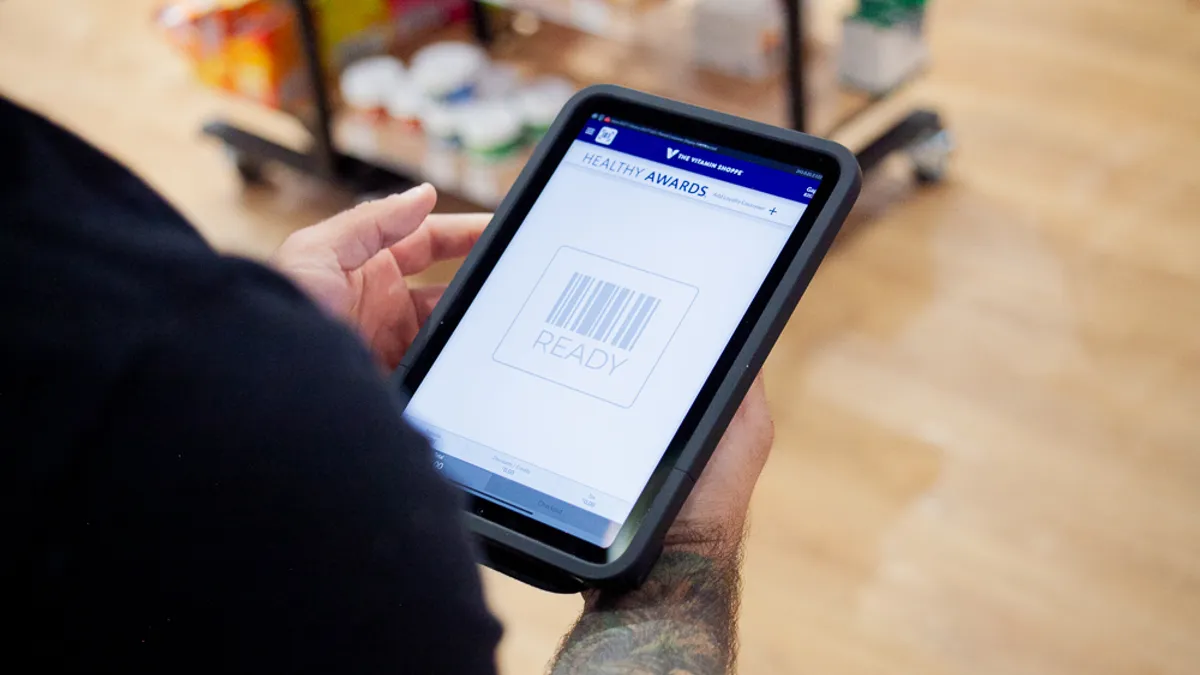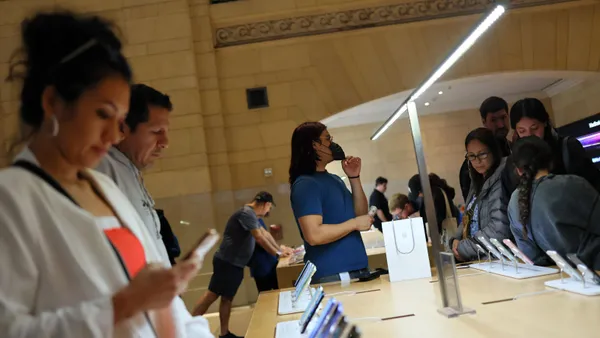Brooks wants customers to find their "perfect shoe," and with its online shoe finder, it promises to help customers in five minutes or less.
The shoe finder — which asks if the customer is looking for shoes to wear on trails, on the road or in the gym, for men’s or women’s shoes, and about any recent injuries — is collecting zero-party data.
The tool is a win-win, said Brian McIntosh, chief consulting officer at BlastX Consulting, after a presentation at Forrester’s CX summit in Nashville, Tennessee, last week.
Not only does Brooks, which is a client of BlastX Consulting, provide customers with value by helping them find the right pair of shoes, it also collects customer data in a compliant way and increases sales.
With the impending deprecation of third-party cookies, businesses need to find new avenues to collect data to provide better experiences for their customers. Zero-party data offers a privacy-centric solution.
Zero-party data is the information a customer voluntarily shares with a brand. Oftentimes, they’ll do so through a quiz, survey or competition, which offers the customer some reward or value.
A 2022 Forrester survey of 200 digital marketing decision-makers found that 9 in 10 businesses planned on capturing zero-party data in 2023.
“Why it's so good is because it's accurate. I'm giving it to you,” McIntosh said. “I'm just telling you what I want. And you're taking me on a journey based on what I've given you because you've created that user path.”
Instead of prompting site visitors with a cookie consent pop-up, Brooks collects customer intent data: whether a visitor is looking for men’s or women’s shoes, if they plan on using their shoes for walking or running, and the angle of their feet when standing.
Brooks also provides explanations for why it asks certain questions in a link to a “Behind the Science” pop-up.
“A couple of questions and we know now who you are, what kind of shoe you're interested in,” McIntosh said. “So you design this whole experience for them without ever asking for anything from them.”
A smooth, useful experience turns browsers into loyal customers, McIntosh said.
The data, which McIntosh shared during a presentation, backs that up. The shoe finder grew Brooks’ average order value by 13%, conversation rate by 45%, and customer lifetime value by 175%.
“The whole idea is to make it easy for them to find what they need, to have a good experience with you, and then you convert them into a loyal customer because now they're like, ‘I'm ready to buy. I'm gonna give you my name, I'm gonna make a transaction.’ Now you can start to put that data together.”
Ideally, businesses can marry zero-party data with first-party data, which includes transactional and engagement data, to create user profiles and better target customers with personalized offers.
McIntosh urges companies to test zero-party data collection strategies. Those that do, are “going to get ahead of that cookie deprecation, which is coming,” he said.
“You can experiment with stuff,” McIntosh said.
BlastX Consulting has had its clients test zero-party data collection strategies and learn from the results. “We can do an easy experiment, try out a little chat box, write a little questionnaire and just see what kind of results you get back,” he said.













